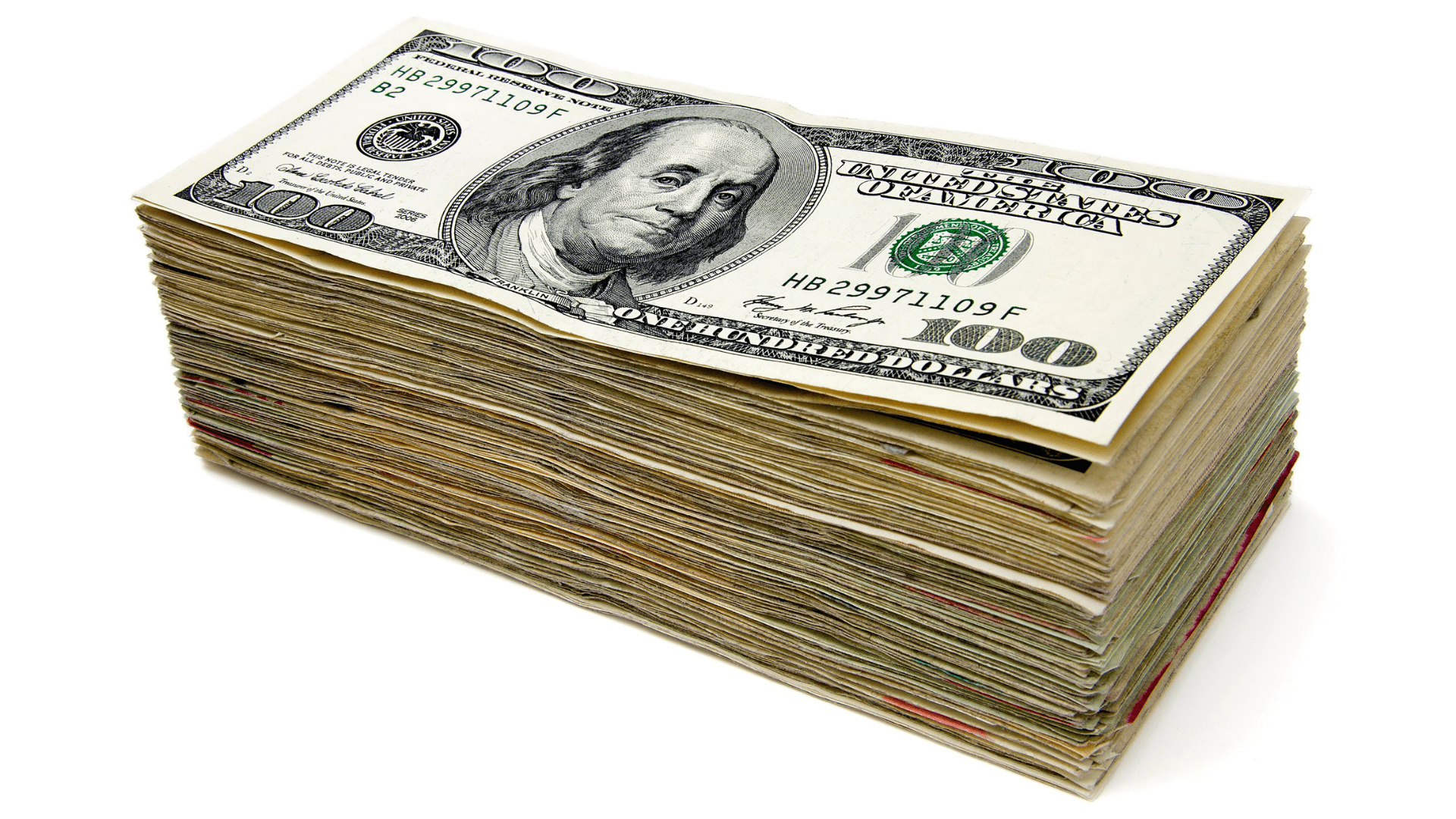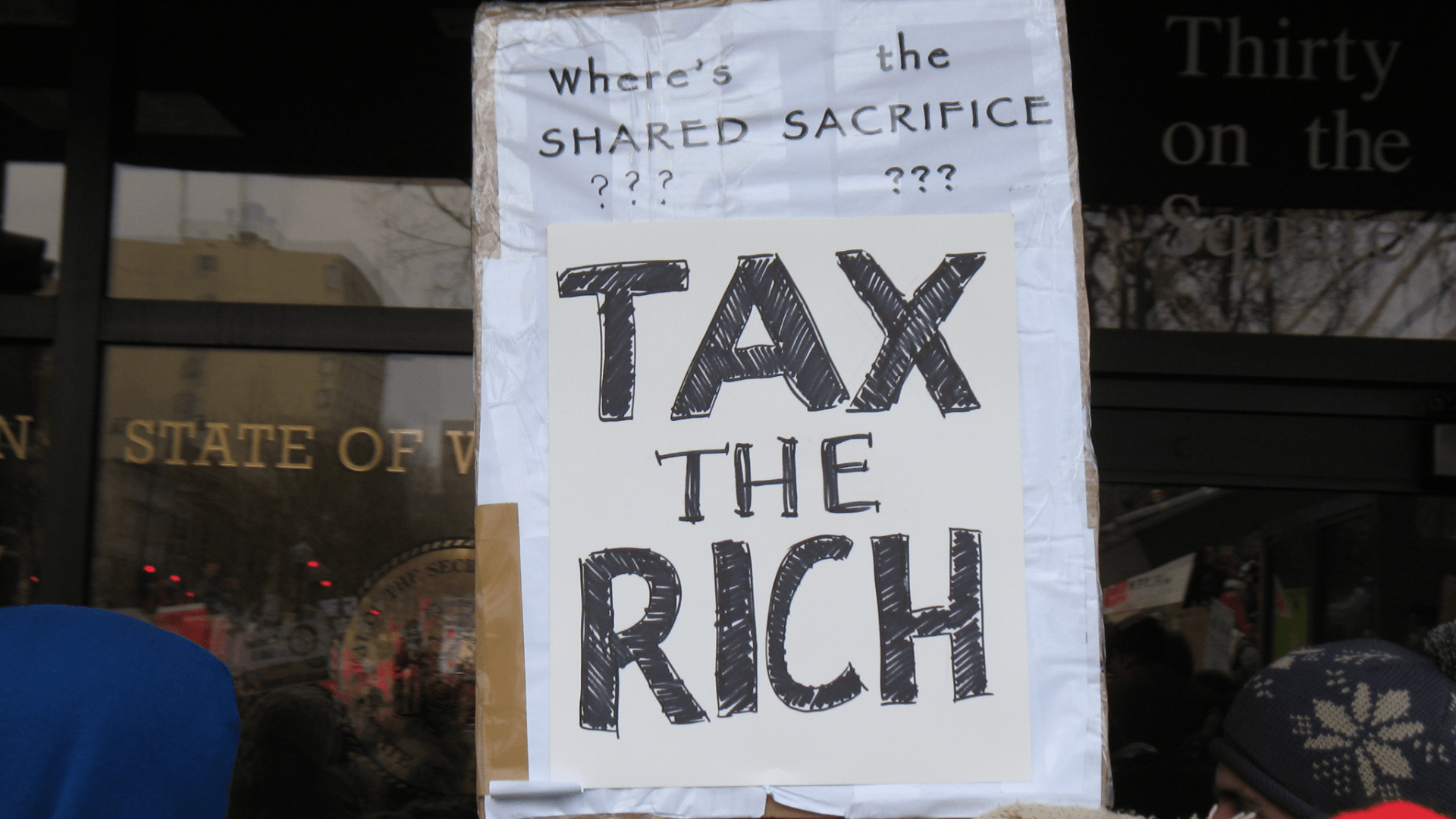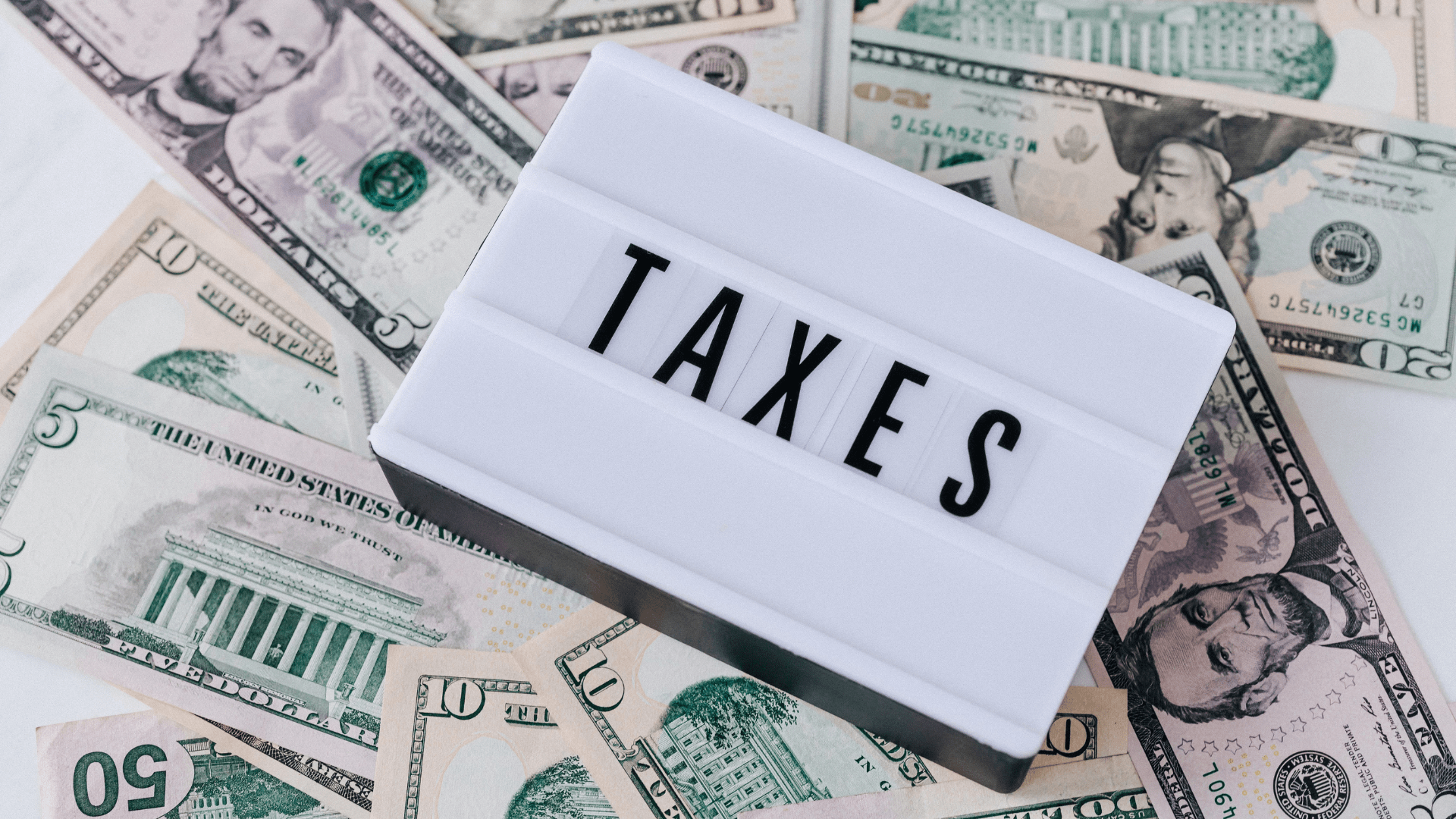Vermont is at the forefront of a progressive initiative, with proposed bills aimed at increasing tax contributions from its wealthier residents.
This strategic move is part of a broader effort to tackle financial disparities within the state, seeking to generate additional revenue to address the growing economic inequality.
New Vermont Bills to Tax the State’s Wealthiest Residents

Two legislative bills have been introduced in Vermont, focusing on taxing the state’s wealthiest individuals. This progressive approach is designed to balance financial responsibilities within the community, particularly targeting those with higher incomes.
Facing the need for new revenue streams, Vermont is turning its attention to wealth differences among its residents. Taxing the wealthy is considered a potential solution in a state where financial inequality is becoming more apparent, coupled with a significant economic divide within its relatively small population.
Proposed Vermont Tax Bill Aims to Reduce Income Disparities

The proposed tax structure aims to reduce income disparities, featuring a 3% tax on individual incomes exceeding $500,000 and an additional levy on capital gains surpassing $10 million. If these bills are approved, it would mark a substantial shift in Vermont’s tax policy.
Representative Emilie Kornheiser, a supporter of the bills, emphasizes the urgency of increased revenue in Vermont. She points out that the wealthiest residents are amassing more wealth, while wages for the majority of Vermonters are struggling to keep up with the rising costs of living.
Does the Current Tax System Allow the Rich to Get Richer?

Critiquing the current tax system, Kornheiser highlights its tendency to allow the rich to continue accumulating wealth.
She advocates for tapping into these untouched resources to fund essential projects, especially those benefiting underprivileged children, indicating a move toward a more inclusive fiscal policy.
Taxing the Rich is a National Trend

Vermont joins a national trend, with eight other states considering wealth taxes.
Influential figures like President Joe Biden and Senator Elizabeth Warren have expressed support for such initiatives, signaling a shift in the national discourse on wealth distribution.
Massachusetts Millionaire’s Tax

Massachusetts set a significant precedent in 2023 by implementing a 4% “millionaire’s tax,” targeting the state’s wealthiest residents.
This pragmatic approach to wealth redistribution has demonstrated tangible benefits, such as providing free school meals.
Do Wealthier People Pay Less Taxes?

Nationally, there is a stark contrast in tax rates between different income groups.
Wealthier individuals in the U.S. typically pay a lower percentage of their income in taxes compared to those with lower incomes. For instance, the top 1% of earners are taxed at 7.2% of their income annually, while the bottom 20% face a tax rate of 18%.
Vermont Has an Unbalanced Tax Structure

An analysis by the Institute on Taxation and Economic Policy (ITEP) reveals Vermont’s unbalanced tax structure.
The state’s wealthiest 1% pay an effective tax rate of only 10.1%, indicating a significant imbalance in tax burdens.
Unbalanced Taxing May Negatively Impact Essential Services

ITEP researcher Carl Davies emphasizes the broader implications of inadequate wealth taxation.
He points out that choosing to tax all income at lower rates can impact states’ ability to fund essential services. Tax policy plays a pivotal role in public funding.
Will Increased Taxes Drive Wealthy Residents Out of State?

Governor Phil Scott, a moderate Republican, expresses concerns about potential negative effects of tax increases.
He fears that higher taxes could drive wealthy residents away, ultimately diminishing the state’s revenue. However, recent research suggests that wealthy Americans are less likely to relocate than commonly believed, challenging this narrative.
Studies Show Tax Policies Do Not Make Wealthy People Relocate

Contrary to fears, studies indicate that tax policies have a minimal impact on millionaire migration, with only a small percentage relocating solely because of taxes. Anecdotal evidence about wealthy individuals fleeing high-tax states is considered more of an exception than a regular occurrence.
Vermont explores the implementation of a wealth tax targeting capital gains, specifically affecting investment accounts exceeding $10 million. The proposal aims to exempt most retirement accounts, focusing on the higher end of the investment spectrum.
Do a Majority of Americans Favor Taxing the Rich?

Vermont’s consideration of wealth taxes aligns with a growing national discussion, with a majority of Americans favoring increased taxes on the wealthy.
This indicates a potential shift in the United States’ approach to tax policy, particularly concerning income and wealth disparities.
